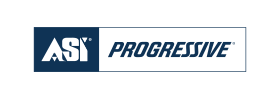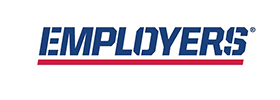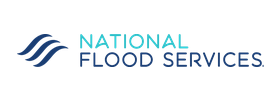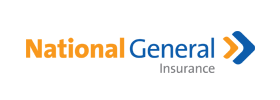According to a recent IBM report1, more than 550 organizations experienced a data breach this year. Given the rapid advancement of technology, it should come as no surprise that every business, regardless of size, is exposed to cyber risk in some capacity.
As cyberattacks become more frequent and sophisticated, it is increasingly important for business owners to minimize cyber risk and protect sensitive customer data. At South Carolina Federal Insurance Solutions, we understand that recovering from a data breach can be costly for businesses. That is why we offer solutions beyond standard commercial insurance.
What is cyber liability insurance?
Cyber liability insurance covers a company’s liability for a data breach involving sensitive customer information, such as social security numbers, bank account information, and health records. While general liability insurance covers bodily injury or property damage claims, protection against cyber risk is typically not included.
What does cyber liability insurance cover?
Cyber liability insurance can help companies comply with state regulations that require businesses to notify customers of a data breach involving their personal information. Depending on what options are selected, these policies can also reimburse businesses for the cost of recovering compromised data, repairing computer systems, covering bank fees associated with canceling stolen credit cards, and subsidizing lost income.
Does my business need cyber liability insurance?
If you use technology in any part of your business, it is not a matter of if cyber threats will arise, but rather when. In addition to money and data theft, businesses should consider other risks such as employee productivity loss and reputational issues that can occur as a result of a serious cyberattack.
Your Insurance Solutions advisor can help you understand and assess your business’s cybersecurity risks. Contact us today to get started.





























